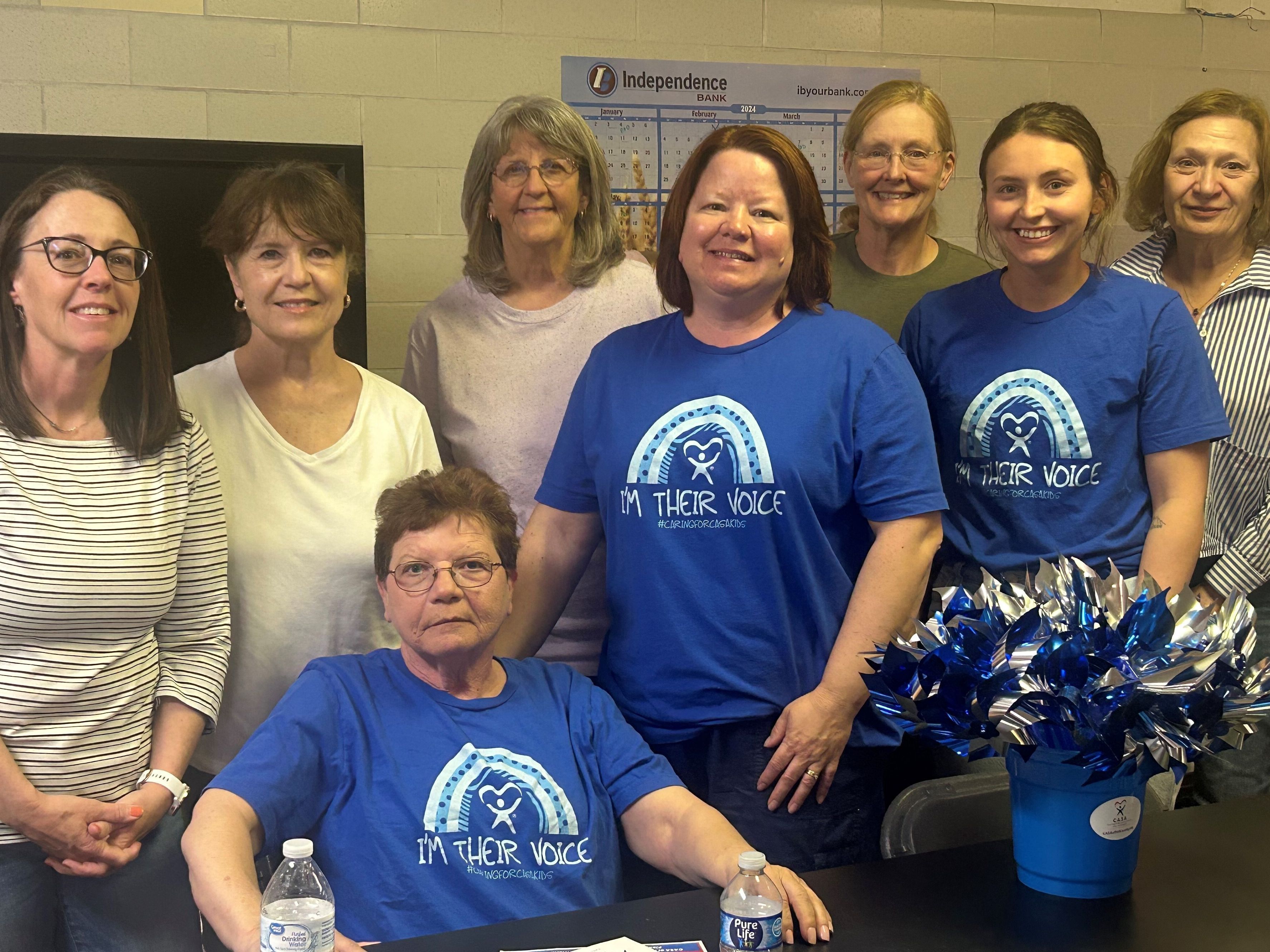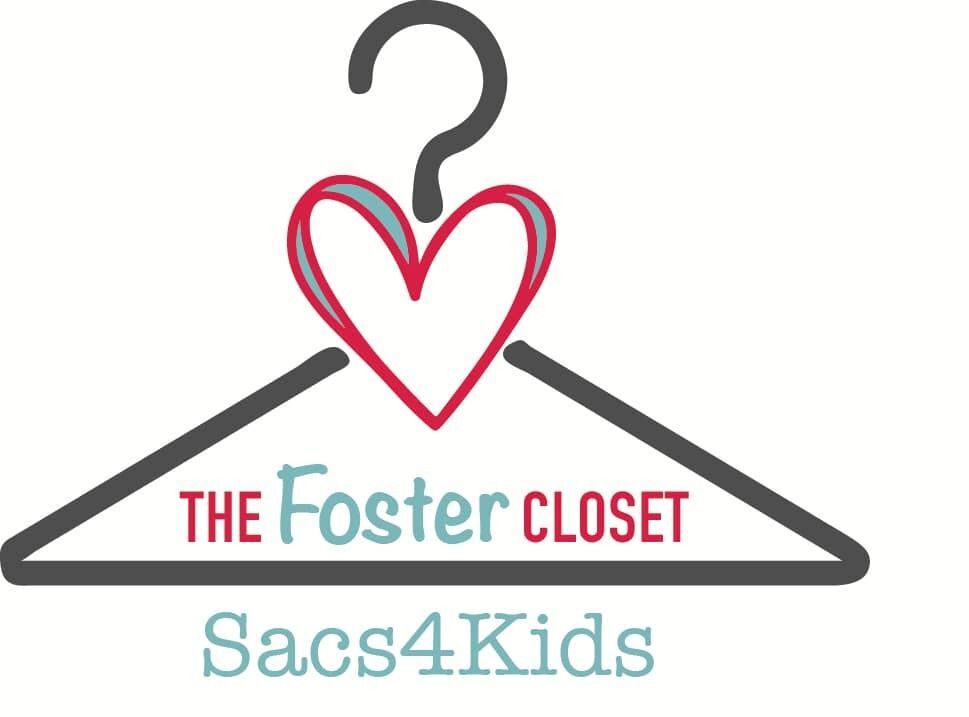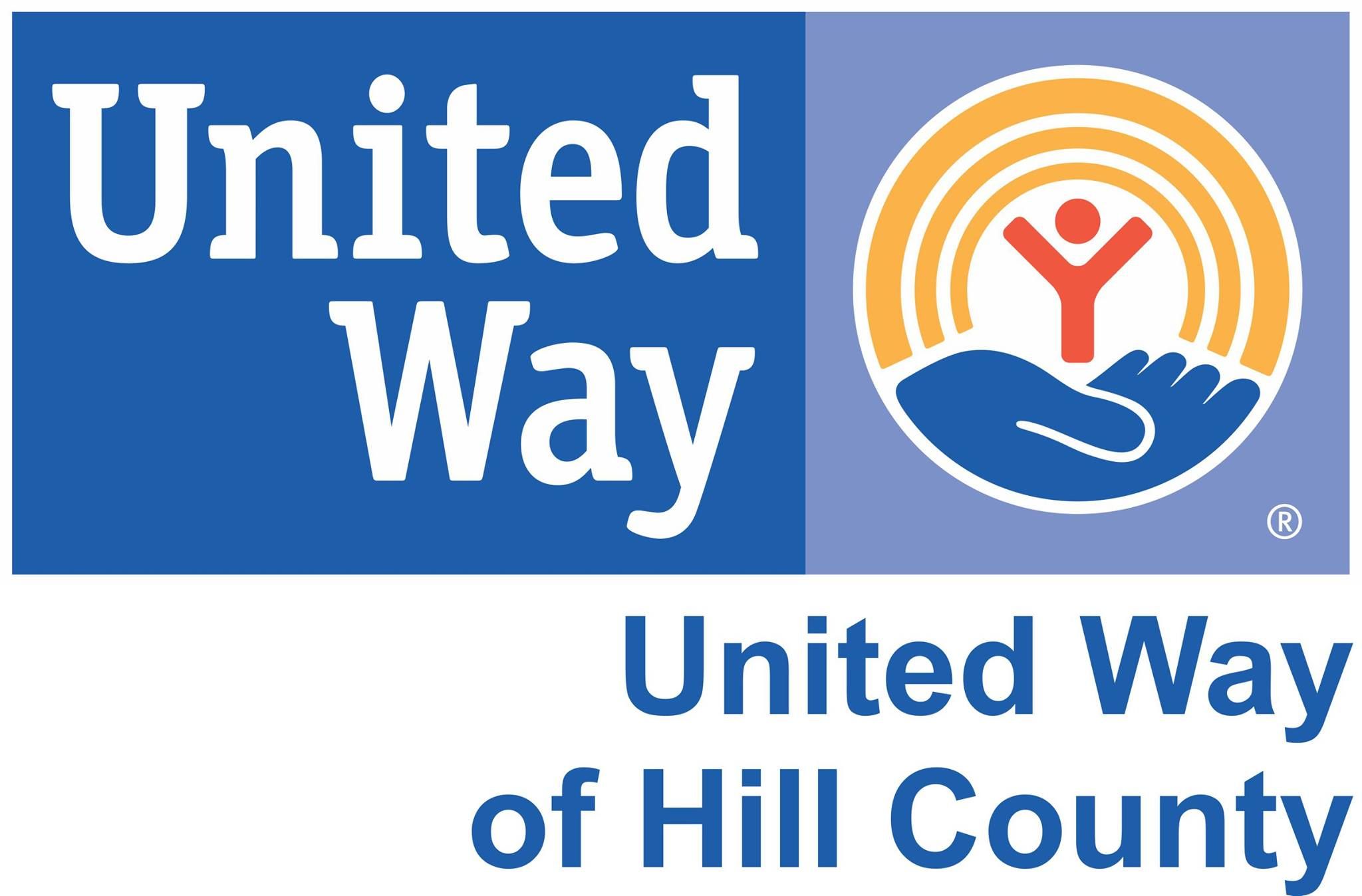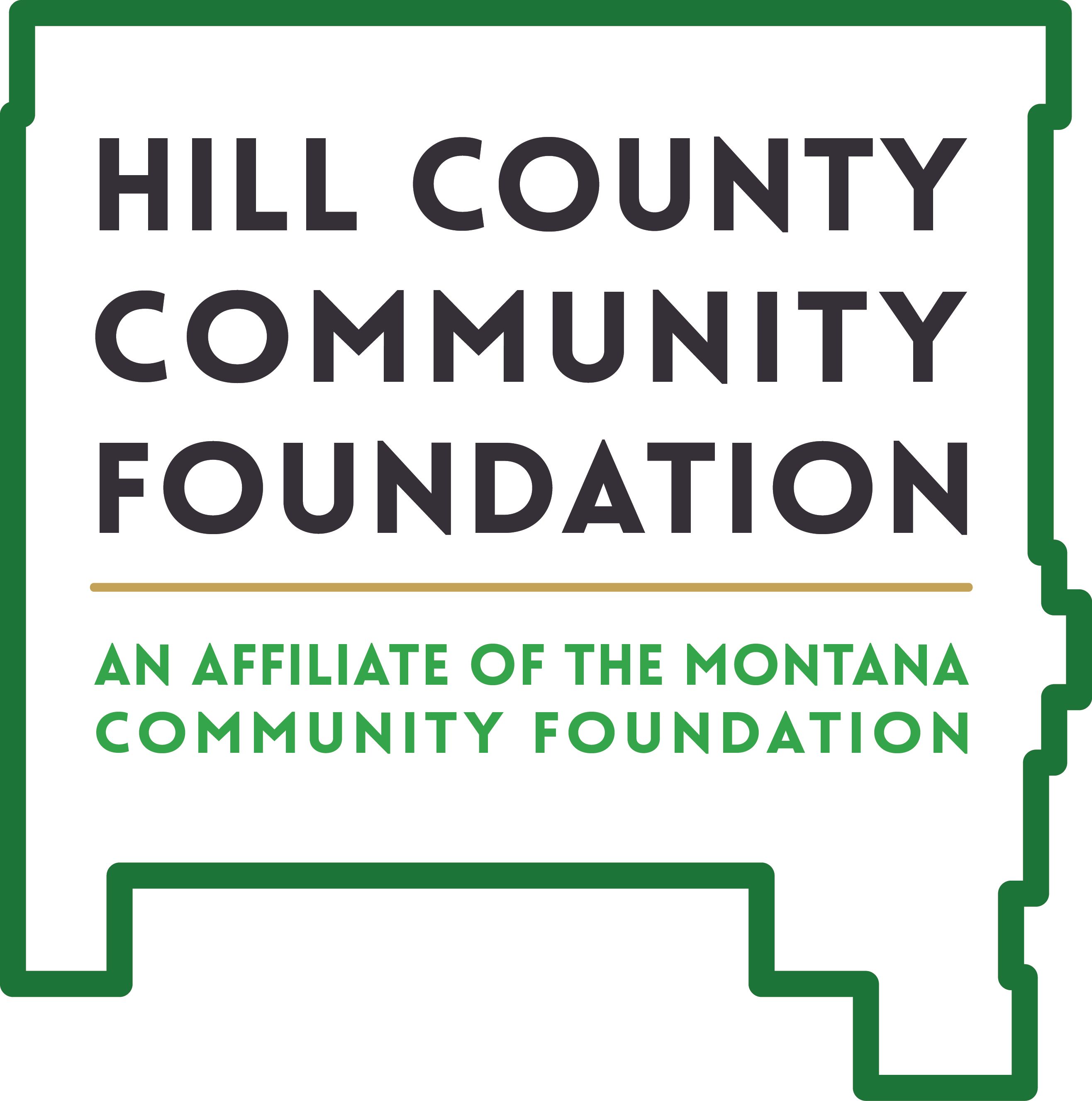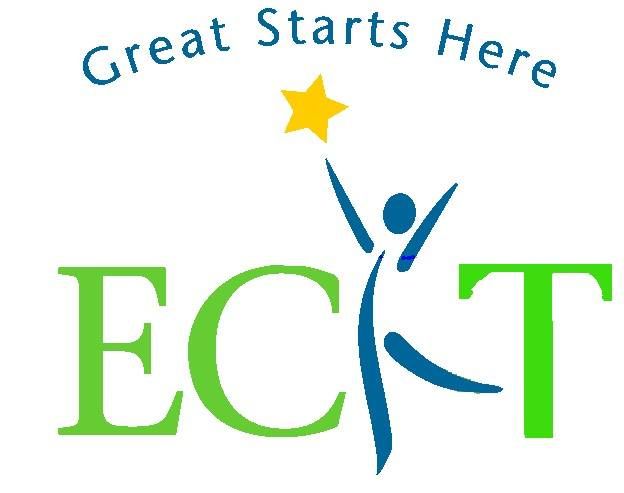JOB DESCRIPTION FOR CASA VOLUNTEER-ADVOCATE
Title - CASA Guardian ad Litem
Objective - To advocate for children who come under the jurisdiction of the court as a result of abuse and/or neglect.
Qualifications - CASA GALs must be at least twenty-one years of age and shall successfully complete screening requirements that include: written application, personal interview, reference check, a criminal background investigation, a child protection records check and the training process which includes: 30 hours of pre-service training, an internship on the first case, participation in a mock trial, and a posttraining interview. Once accepted into the program, the volunteer will be required to attend 12 hours of in-service training annually.
Required Skills & Abilities
- Ability to keep all client (case) and court information confidential.
- Ability to communicate effectively both orally and in writing.
- Ability to respect and relate to people from various backgrounds (economic, cultural, educational) in a variety of settings.
- Ability to transport self to a variety of locations.
- Ability to effectively deal with hostility, anger, and other emotional attitudes.
- Ability to maintain objectivity.
- Ability to gather and record factual information accurately.
- A basic understanding of child development.
- A basic understanding of family relationships.
Responsibilities - A CASA respects the child’s inherent right to grow up with dignity in a safe environment that meets the child’s best interests. As such, an excellent CASA:
- Obtains a first-hand, clear understanding of the situation and needs of the child by
- Communicating with the child at least once a month;
- Reading all relevant case material;
- Interviewing all parties to the case, including birth and foster parents, siblings, relatives, social workers, teachers, doctors, therapists, and any other party necessary to understand the facts of the child’s case; and,
- Attending all hearings.
- Represents the child’s best interests by
- Declining to accept assignment to any case where there is a potential conflict of interest, especially if the CASA is related to any party to the case, or has financial or professional commitment which might cause a real or perceived conflict of interest;
- Facilitating cooperative solutions among the parties and their representatives, and service providers in the case;
- Maintaining a complete case file, including legal and professional documents as well as comprehensive notes from appointments, interviews, meetings, and hearings;
- Appearing at every hearing and providing testimony when necessary;
- Discussing all findings and recommendations with their CASA supervisor before reporting to the court;
- Submitting a report for every hearing, including objective, factual findings and clearly stated, child-focused recommendations for appropriate service for the child and, when appropriate, the child’s family;
- Reporting the child’s current status to the court every month;
- Reviewing all documents to confirm that systems are moving toward a permanent solution for the child;
- Monitoring treatment and service plans and court orders;
- Informing the court of important developments in the case;
- Advocating in the community by working with mental health, educational, and other professional providers to ensure the child’s needs are being met;
- Participating in staffing meetings, foster care reviews, and family group meetings;
- Maintaining complete confidentiality regarding information about the child, as well as other parties to the case;
- Returning the case file to the CASA office upon dismissal of the case, including all confidential information previously held by the volunteer.
- Reports immediately confirmed or suspected incidents of abuse or neglect to the appropriate authorities within 24 hours.
- Exhibits professionalism in behavior and appearance
Time Commitment - Volunteers generally spend between 5 and 10 hours per month in service to the children they represent. Once assigned to a case, a CASA makes a commitment to the case for at least one year and preferably until a permanent resolution is found for the child. Volunteers are expected to be available for case assignments and to accept cases unless other arrangements have been made.
Core Values - CASAs are committed to the highest standards of ethics and integrity in all our work. Unethical behavior is never justified, no matter the intention or outcome. All people are treated well, with fairness and respect, no matter who they are or their position in life. Rude or demeaning treatment of others is not tolerated anywhere within the organization.

